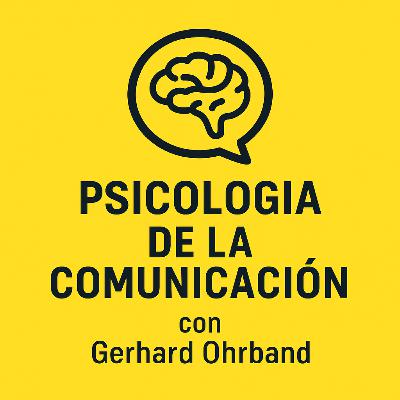Cómo aprender una lengua extranjera científicamente
Description
¿Cansado de consejos aleatorios sobre idiomas que no funcionan? En este episodio, exploramos lo que la ciencia dice realmente sobre el aprendizaje eficaz de idiomas. Desde la información y la interacción hasta la atención y la memoria, aprenda a adaptar su enfoque basándose en teorías psicológicas y lingüísticas de eficacia probada.
Tanto si es principiante como avanzado, este episodio está repleto de ideas que le ayudarán a aprender de forma más inteligente.
Escúchelo ahora y mejore su juego lingüístico.
Lecturas recomendadas
Ellis, N. C. (2006). Selective attention and transfer phenomena in SLA:Contingency, cue competition, salience, interference, overshadowing, blocking,and perceptual learning. Applied Linguistics,27(2), 164–194. https://doi.org/10.1093/applin/aml015
Krashen, S. D. (1982). Principles andpractice in second language acquisition. Pergamon Press.
Mackey, A., & Goo, J. (2007). Interactionresearch in SLA: A meta‐analysis and research synthesis. In Z. Han (Ed.), Understanding second language process (pp.165–180).
Saito, K., & Lyster, R. (2012). Effects ofform-focused instruction and corrective feedback on L2 pronunciationdevelopment: A meta-analysis. LanguageLearning, 62(2), 909–933. https://doi.org/10.1111/j.1467-9922.2012.00695.
Swain, M. (2005). The output hypothesis: Theory and research. In E. Hinkel(Ed.), Handbook of research in secondlanguage teaching and learning (pp. 471–483). Lawrence Erlbaum.





